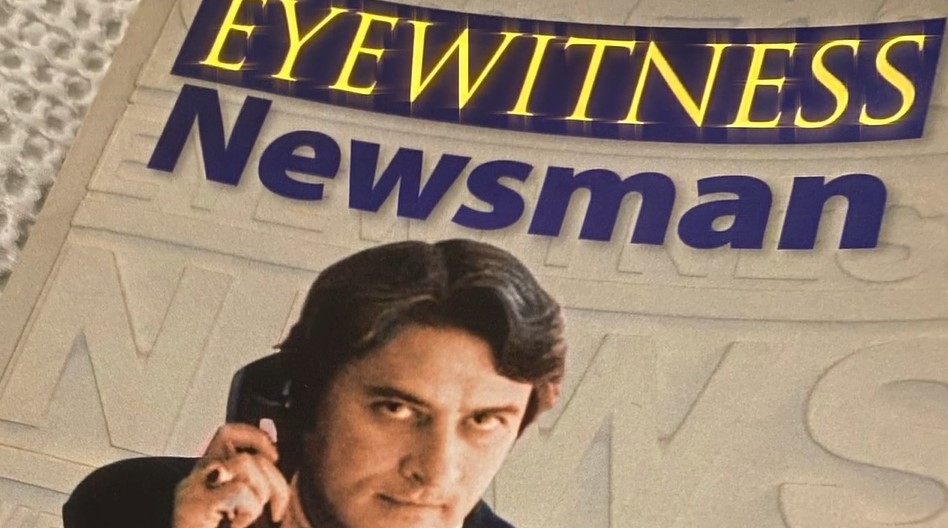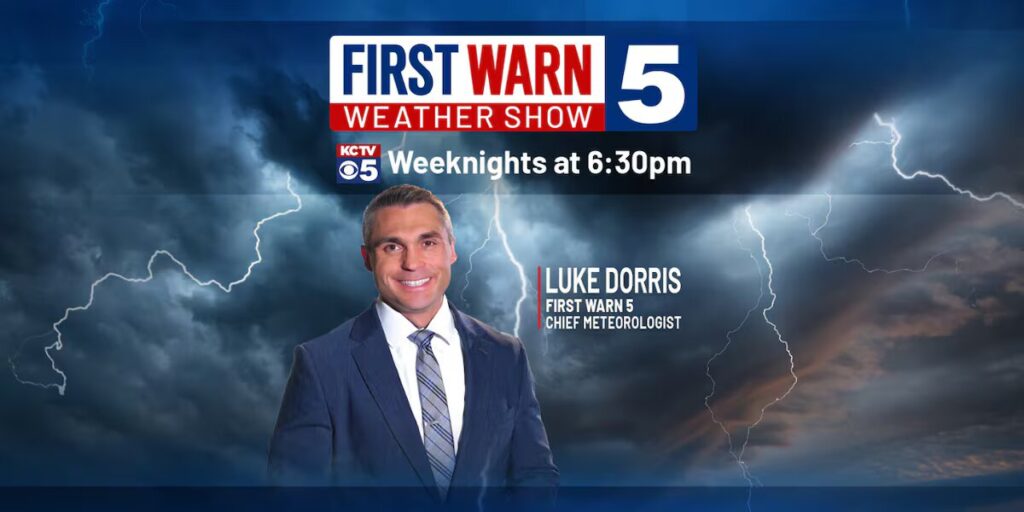Although TV stations — and other media providers — count on political advertising revenue, there are times when the company may not want to, or not be able to, run all the advertising it is offered. The question is if there ever are times when a station may refuse an ad or ads.
That question is one recently posed to the “Dear Expert” column in MFM’s member magazine, The Financial Manager (TFM). We were able to answer it with the help of broadcast law specialists Dawn Sciarrino, an MFM board member and managing member of the law firm Sciarrino & Shubert PLLC, and Christine McLaughlin a counselor with the firm. Since this question is likely to be on the minds of many station sales and management teams, I would like to summarize their response.
As with most answers to legal questions, the circumstances matter. The first thing to consider is the race that is the subject of the ad. Sciarrino and McLaughlin note that legally qualified candidates for federal offices have a right to “reasonable access” to broadcast time but candidates for state or local offices have no such right under the Communications Act.
Federal Vs. State And Local Campaign Ads
In light of this distinction, a station that is concerned about being oversold may decline to sell spots to all state or local candidates. There is a caveat though. A station that decides to sell to one state or local candidate must provide equal opportunities to all other legally qualified candidates for the same office.
In the “Dear Expert” example the authors note that deciding to sell time to one candidate for governor would require the station to sell equivalent time to opponents for that office. This would not, however, obligate the station to sell to candidates for other state or local offices.
Third-party ads from PACs (political action committees), interest groups or from anyone other than a federal office candidate and his/her committee never qualify for equal time.
Equal Time Rule
Sciarrino and McLaughlin also remind readers that selling spots is not the only way to trigger a right to equal opportunities. They caution: “Allowing one candidate to make a ‘use’ of a station, whether or not the use is paid for, entitles other candidates for the same office the right to equal opportunities.”
Examples of use might include a candidate who provides the play-by-play on local football games. As they explain: “Except for limited exempt programming (e.g., bona fide newscasts and news interviews), you need to be careful of any on-air appearance by a candidate.”
Public File Documentation
Once a station sells time or allows a “use” to a qualified candidate, other legally qualified candidates for the same office may request equal opportunities within seven days of the first candidate’s use. To avoid extending the seven-day period, the Sciarrino and Shubert attorneys recommend placing documentation of the use in the political section of the station’s public inspection file immediately (same day). They also recommend using the forms available from the National Association of Broadcasters’ website.
Sciarrino and McLaughlin point out that this is the “first time that all broadcast stations will be required to maintain a public file on the Federal Communications Commission’s website.” Stations should assume that competing candidates’ representatives will be checking public files regularly with an eye to pointing out lapses, delays, and other mistakes. FCC staff will also be able to monitor documentation timeliness.
Providing ‘Reasonable Access’
When it comes to times a station cannot say “no,” the experts explain that stations are required to offer “reasonable access” to federal contestants. This means that a broadcaster generally must allow candidates to buy time of any class and in any daypart. There is an exception for spots during newscasts.
That said, the requirement does not mean that a federal candidate can buy all the time that he or she wants, or that the candidate’s spots must necessarily run at the exact times the candidate would like. As the attorneys note, federal candidates are entitled only to a “reasonable” amount of time, and the broadcaster makes that reasonableness determination during the first instance they buy advertising time.
The FCC has provided a number of factors that will help a station to make the decision. They include the number of federal candidates running in its area; the particular candidate’s expressed needs; disruption to commercial advertisers and other programming; and timing of the requested buy.
While a station can “bump” ads from those federal candidates who purchase preemptible time, the likelihood that this will happen should be disclosed to the candidate in advance. In addition, broadcasters that provide timely make-goods of preempted commercial advertisements must follow the same practice for preempted candidate spots.
Profane Messages
In their “Dear Expert” column, Sciarrino and McLaughlin also address a potential scenario involving a federal candidate with a history of running profane and potentially libelous ads.
“Assuming this person is a legally qualified candidate, your options are very limited,” they warn. “Other than a very narrow exception for content that would violate a federal criminal law, stations may not censor that person’s ads.”
On the bright side, since the station has no choice but to run the spot, it is exempt from liability.
Additional Resources
For additional insights, an electronic copy of the March-April issue of TFM containing Dawn Sciarrino and Christine McLaughlin’s column will be available on MFM’s website for a few more weeks.
Joined by Ann Bobeck, former deputy counsel for NAB and currently special counsel for Covington & Burling LLP; and Bobby Baker, assistant division chief for the FCC’s Policy Bureau, Dawn Sciarrino will also be providing an update on political advertising rules at Media Finance Focus 2018, the 58th annual MFM-BCCA conference.
Scheduled for May 21-23 in the Washington area, (Arlington, Va.), the conference will also feature a session with Mike Jones, Gray Television’s director of political sales. Jones will explore the current year’s hottest political contests.
All told, this year’s conference will include presentations from more than 150 industry experts on a wide range of topics relevant to media industry finance, including new revenue opportunities resulting from advances in voice recognition technology, AI, connected cars, OTT content delivery and the new ATSC 3.0 broadcast standard.
In addition, our BCCA subsidiary, the media industry’s credit association, will provide a full track of sessions dedicated to improving the state of the art in credit and collections practices. The Media Industry Tax Group will also be offering a full track of tax-related topics and the New Media Internal Auditors Association is again co-locating its meeting with the conference. You can learn more about the event and monitor agenda updates on the conference website.
Ask our Experts
Finally, I encourage you to let us know if there are any media finance questions or challenges that our network of experts can help you to address. As the attorneys at Sciarrino and Shubert demonstrated in our most recent “Dear Expert” column, our members are always willing to join us in helping to support the shared goals reflected in this year’s conference theme of “Capital Success in the Capitol City.”
Mary M. Collins is president and CEO of the Media Financial Management Association and its BCCA subsidiary, the media industry’s credit association. She can be reached at [email protected] and via the association’s LinkedIn, Twitter or Facebook sites.
 As with most answers to legal questions, the circumstances matter. The first thing to consider is the race that is the subject of the ad. Legally qualified candidates for federal offices have a right to “reasonable access” to broadcast time but candidates for state or local offices have no such right under the Communications Act. Here are some specifics.
As with most answers to legal questions, the circumstances matter. The first thing to consider is the race that is the subject of the ad. Legally qualified candidates for federal offices have a right to “reasonable access” to broadcast time but candidates for state or local offices have no such right under the Communications Act. Here are some specifics.























Comments (9)
Joe Bottoms!! says:
April 27, 2018 at 7:19 am
The Whores who run Local Broadcast groups cant say know ..In a political year it’s all that keeps them in positive cash flow..
Regulus says:
April 27, 2018 at 10:04 am
Thank Heaven for streaming services and home video. I can watch my programming WITHOUT having to cope with these kinds of commercials.
tvn-member-4071980 says:
April 27, 2018 at 11:04 am
I am sometimes glad for those commercials; they give me time to hit the kitchen or the bathroom.
Joe Bottoms!! says:
April 30, 2018 at 7:53 am
Ridgeline..I can tell you are a journalist so we know where you stand on the Intelligence Scale!!!.Everyone who goes to college (and graduates) like I did… sees this in their first year.There are the students who study Business, Engineering, the Sciences, and then the ones who cannot cut the grades and switch to Journalisim..Like you…The C-students..how’s that Ridgeline!!
Joe Bottoms!! says:
April 30, 2018 at 8:07 am
..plus Ridgeline..I know you work in news because you make assumptions that may be wrong..How do you know I’m a guy……Einstein!!!
Will says:
October 18, 2020 at 10:26 am
What about companies such as TuneIn radio? I listen to a non commercial radio station here in San Antonio, Texas on TuneIn and while the station does not politically advertise itself, TuneIn does, mostly for Democrat candidates running for federal office (i.e. US Senate, President). Is it illegal for TuneIn to politically advertise on non commercial streams? I would expect them to have to follow the very same rules as broadcasters. Now if it is a generic non identifying “Show up and Vote” they should be okay, but this is clearly not the case. And I screenshot every ad.
I know that candidates can advertise on commercial radio stations as they should be able to, but on non commercial they are prohibited from doing so. I report each ad, but they keep showing up.